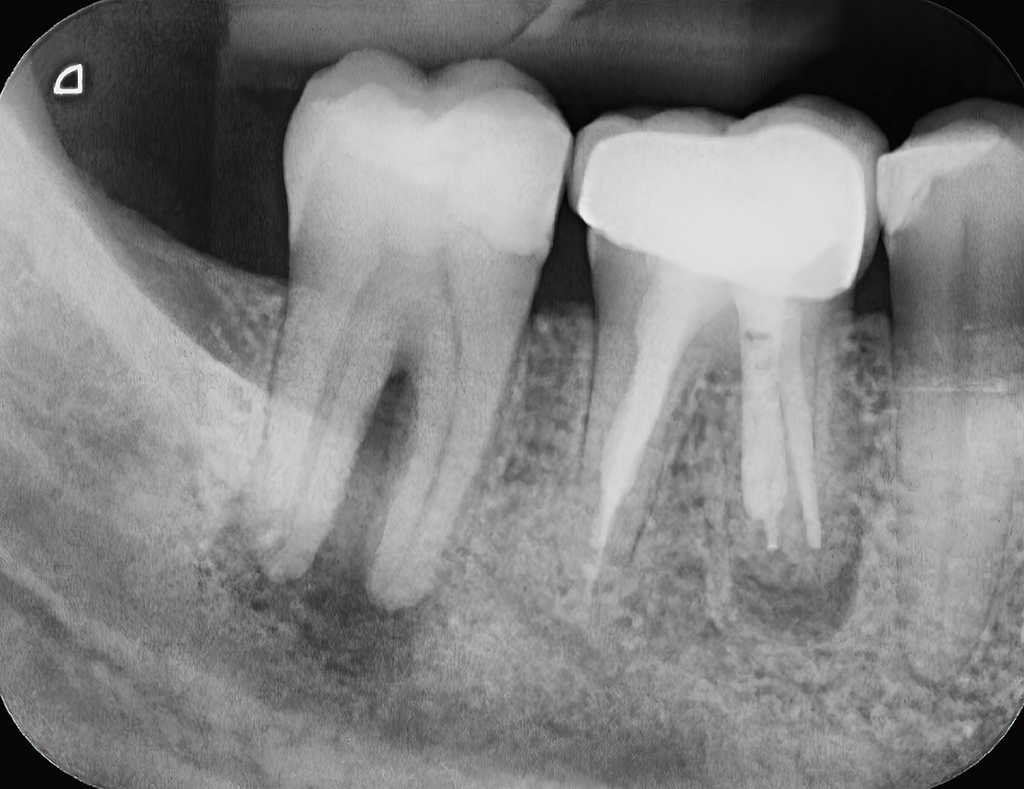
How Tooth Abscesses Can Impact Your Health And When To Call An Oral Surgeon | Plano, TX
Photo By Anita van den Broek at Shutterstock
A tooth abscess forms when the area underneath the tooth becomes infected, whether it’s a gum infection, tooth infection or cavity. Typically, these result from poor oral care, and they may require treatment by an oral surgeon. However, the effects of a tooth abscess do not just impact the jaw area — they can create problems elsewhere in the body, and some are quite serious.
Symptoms of a Tooth Abscess
A tooth abscess resulting from infection responds like any other infection: it causes pain, swelling, redness and soreness. You might find that you are suddenly sensitive to hot and cold foods or liquids, and there might be a bad taste in your mouth. The latter is because bacteria are breaking down the cellular tissue, creating foul-tasting byproducts. These are a few things to look out for when considering calling an oral surgeon.
If you have a severe tooth abscess, you might notice the following:
- A cavity
- Gum inflammation
- Pus draining from the area
- Discomfort when opening your mouth
- Swollen glands
In extreme cases, you might vomit, feel sick, have a fever, have the chills or experience diarrhea. These are signs that the infection is extremely advanced, affecting the rest of the body. At this point, you need to see a primary care physician at the very least or visit an oral surgeon.
What Happens If an Abscess Remains Untreated?
If the infection spreads from underneath the tooth, it can cause a range of complications:
- Cavernous sinus thrombosis
- Cellulitis
- Osteomyelitis
- Parapharyngeal abscesses
- Sepsis
Cavernous sinus thrombosis is an infection of the blood vessels in the sinuses, and this forms a blood clot to contain the bacteria that has spread from the abscess. However, this blood clot can stop the flow of blood, creating problems within the sinuses themselves, potentially damaging the brain, eyes and nerves in the area.
Cellulitis is simply an infection of the skin and fat, usually resulting in swelling, redness and pain. A tooth abscess can start affecting the skin around the mouth and jaw.
Osteomyelitis is similar except it’s a bone infection, usually of the mandible (lower jaw) or maxilla (upper jaw) for a tooth abscess. This is because teeth are embedded in the jaw via the alveolar bone. If the infection is mild, an oral surgeon might recommend a course of antibiotics after removal of the affected tooth, if that’s required.
A parapharyngeal abscess is an abscess deep in the neck and is usually treated by an ear, nose and throat surgeon, not an oral surgeon. However, a severe tooth abscess — especially under the final molar — can result in abscesses in this area.
Finally, sepsis is a reaction to an infection that can become life-threatening very quickly. Essentially, the body becomes overwhelmed and starts attacking itself, including the organs. It’s sometimes called blood poisoning or septicemia. Symptoms of sepsis are sometimes hard to spot, but they may include:
- Pale, blue or blotchy skin
- A rash that doesn’t fade when a glass is rolled over it
- Difficulties breathing, breathlessness or fast breathing
- Confusion and difficulty sleeping or waking
If you notice these symptoms, dial 911 immediately.
Treatment for an Abscessed Tooth in Plano, TX
If a dentist has already attempted to get rid of the infection by placing a root filling, surgical intervention may be required, often in the form of an apicectomy. The surgeon cuts the gum and then removes a small portion of the tooth, cleans out the infection and then seals the root using a filling. The gum is then stitched, often using dissolvable stitches. These take about two weeks to disappear.
The whole procedure usually takes 30 minutes or so. A local anesthetic is used to numb the area beforehand, so make sure you note if you have any allergies to anesthetics in particular.
Usually, there is some discomfort after the operation, as well as some swelling. Your oral surgeon will suggest a course of action to keep the area clean while it heals, sometimes involving gargling warm saltwater or gently brushing around the area. Depending on how close the inferior dental nerve is to the affected tooth, there may be some changes of sensation in the lip and chin. In most cases, this is temporary, usually caused by bruising and swelling from the procedure, but it can last longer in some severe cases where the nerve is an extremely close contact with the tooth or has been affected by the abscess. This almost never affects taste.
Treatment of Complications From an Abscessed Tooth
In many cases, antibiotics — oral or intravenous, depending on severity — are sufficient to deal with most complications. However, there are some instances where these may not be enough, and reconstruction is required.
In the event of jaw bone loss due to an abscessed tooth, an oral surgeon may perform a hip bone graft. This takes bone tissue from the pelvis and implants it in the jawline. The part of the hip used is a small protrusion that you can feel about 6 inches above the front of the hip bone. Usually, the surgeon makes a cut in the hip after administering an anesthetic and removes part of the bone. They then open the jaw and graft the bone onto it to fill it in the hole.
Recovery times vary substantially, depending on how much bone is removed, but it shouldn’t take longer than a couple of weeks. Soreness is to be expected, with larger operations producing more soreness. Expect to spend a few days in hospital.
Prevention Is the Best Option
It should go without saying that prevention is usually better than the cure, but that’s not always practical, and infections do happen. In some cases, they are hard to spot until it’s too late, and in other cases, there are a variety of considerations taking place that lead to the abscess getting worse over time. Good brushing and flossing practices can help prevent plaque buildup, and reducing starchy and sugary drinks can help discourage excessive bacterial growth in the mouth.
In addition, injuries to the mouth should be treated promptly, something an oral surgeon can help with.
Ultimately, when you are looking for an oral surgeon in Plano, TX, talk to the professionals at NextGen OMS. We have the skills and experience to ensure that your dental needs are taken care of in a professional and compassionate way. Contact us today to find out more.


